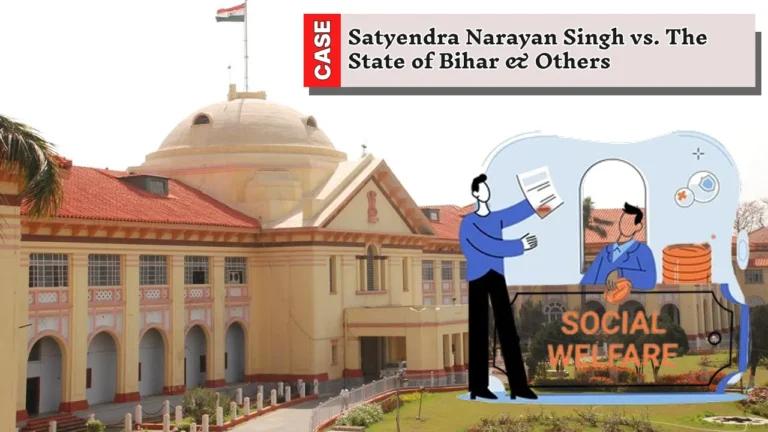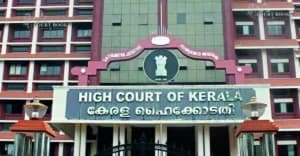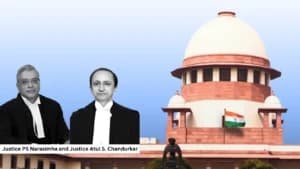The Patna High Court recently quashed the dismissal of Satyendra Narayan Singh, who was serving as Assistant Director in the District Child Protection Unit and also held the post of District Programme Officer. He was dismissed in October 2018 after being allegedly caught red-handed accepting a bribe of ₹50,000. However, the court found serious procedural lapses in the disciplinary proceedings initiated by the Bihar Government.
"Suspension notwithstanding, non-payment of Subsistence Allowance is an inhuman act… The act of non-payment… can be likened to slow-poisoning..."
- Supreme Court in Capt. M. Paul Anthony vs. Bharat Gold Mines Ltd.
Read also:- Madras High Court Quashes Detention Order of Pradeep Under Goondas Act
Case Background
Satyendra Narayan Singh was placed under suspension in July 2016 based on a vigilance trap case. A charge memo was issued in May 2017, nearly 10 months later, violating the mandatory 3-month deadline under Rule 7 of the Bihar Government Servants (CCA) Rules, 2005. He was not paid any subsistence allowance during this suspension period.
The charge memo and departmental inquiry were based solely on a vigilance report. No documentary evidence or witness testimony was produced. Singh claimed the bribe accusation was fabricated by the complainant, whose wife had been penalized earlier for irregularities in running an Anganwadi center.
Read also:- Supreme Court Upholds Life Sentence for Father Under POCSO Act, Awards Rs. 10.5 Lakh Compensation to Victim
The court, led by Justice Harish Kumar, found that:
- The entire inquiry was one-sided and lacked adherence to natural justice.
- No oral witnesses were examined.
- The inquiry officer failed to prove the evidence or even mention the role of the Presenting Officer.
- The dismissal order did not address the second show cause reply submitted by Singh.
- No effort was made to cross-examine key witnesses, and evidence was purely based on vigilance reports and FIRs.
"An inquiry officer is not a representative of the department but an independent adjudicator. Fair inquiry is essential."
- Supreme Court in Saroj Kumar Sinha vs. State of UP
Read also:- Allahabad High Court Grants Bail to Shahrukh Khan in Social Media Video Case
The court stressed that even though corruption is a serious charge, such proceedings must follow due legal process. It relied on several Supreme Court judgments, including Roop Singh Negi vs. Punjab National Bank and Umesh Kumar Sinha vs. State of Bihar, to highlight how flawed inquiry can vitiate disciplinary actions.
The High Court held that the dismissal order was "cryptic and non-speaking," lacking detailed reasoning. The court quashed the dismissal notification dated 10.10.2018 and reinstated the petitioner.
It granted liberty to the State to take further action if the criminal trial ends against him. On back wages, the court left the decision to the authorities based on principles established in earlier rulings.
Case Title: Satyendra Narayan Singh vs. The State of Bihar & Others
Case Number: Civil Writ Jurisdiction Case No. 15706 of 2021















